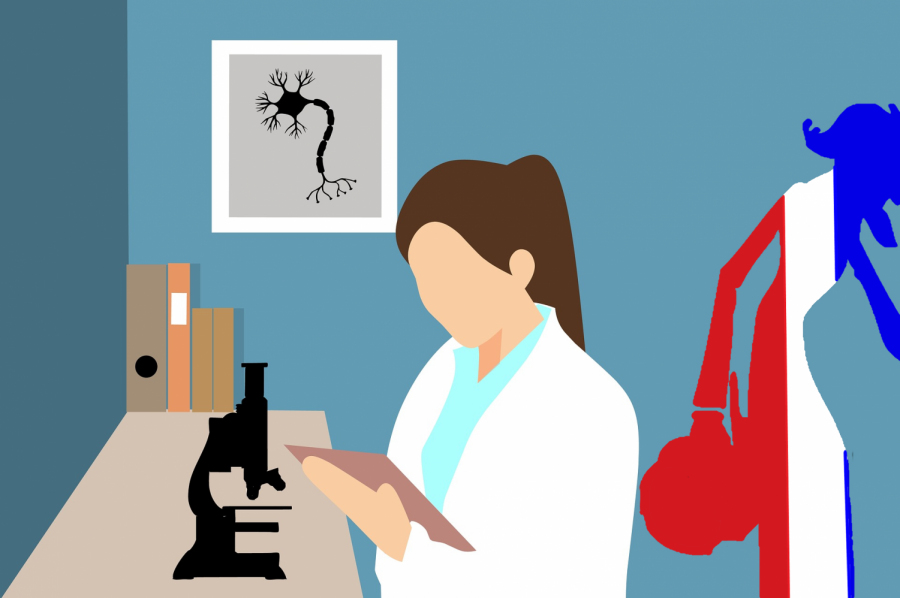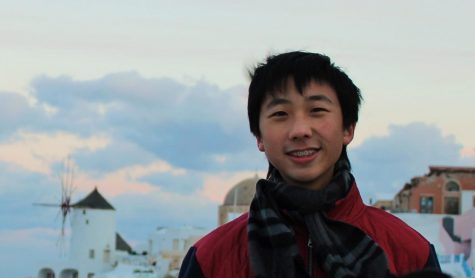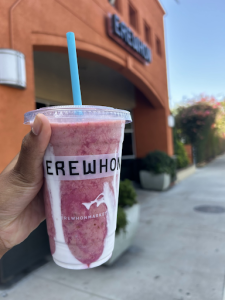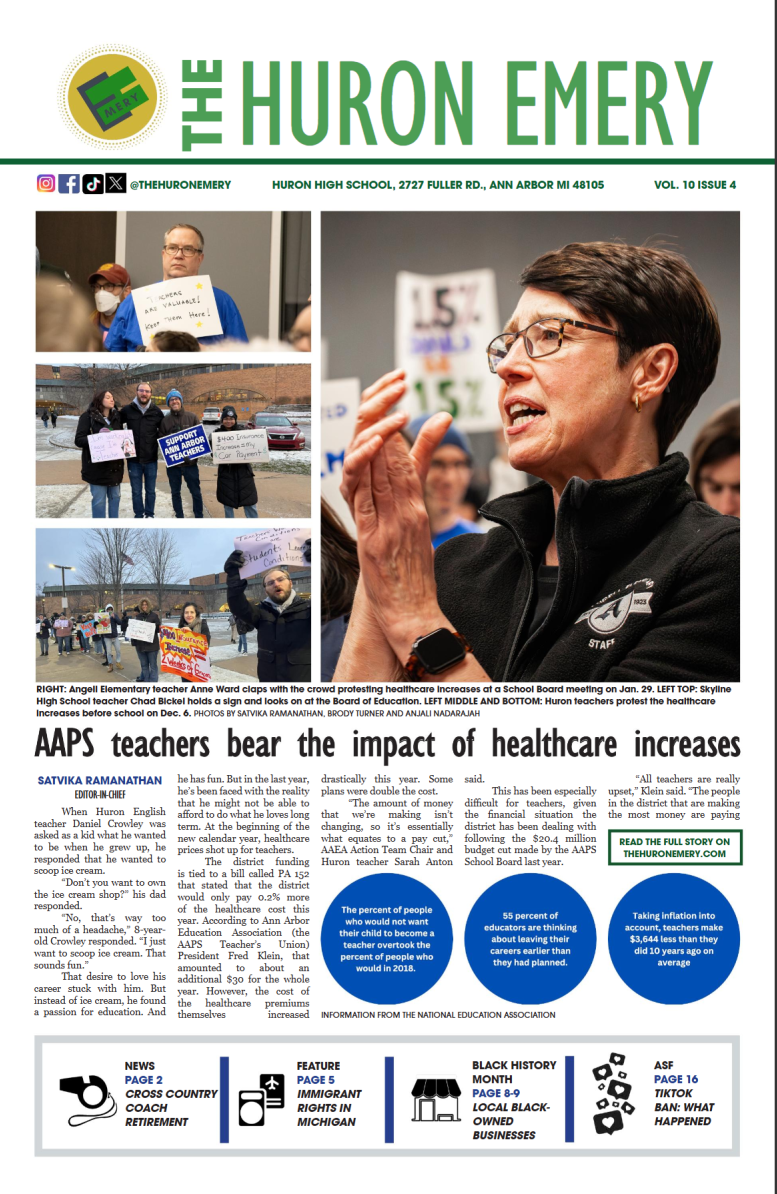The rift between science and people
Lately, it seems as if America has turned its back on science.
August 9, 2020
When’s the last time you opened up your social media only to find a piece of blatantly wrong information? Recently, amid the COVID-19 epidemic, mistrust of science seems to be everywhere. Every other day, a new video goes viral on social media with someone refusing to put on their mask, citing their freedom and rights, and even disregarding scientific reasoning, despite the whole scientific community now agreeing that masks are widely beneficial for preventing the spread of COVID-19. What causes this distrust of science, and how can public perception be changed?
A Pew Research Center study from 2019 has shown that only about 35% of the population had a “great deal of confidence” in the scientific community. This can have widespread effects; just in the past few months, there have been conspiracy theories about masks being used as government control devices, the COVID-19 vaccine being used as a tracking device and even the virus itself being perpetuated by 5G! These outlandish conspiracy theories show the dire consequences of mistrusting science- an idea that is out-of-control can cause people to get hurt.
This issue is not recent. For years, issues like global warming and vaccination have had vocal, non-scientist dissidents, who often possessed little knowledge about the subject. Lack of scientific action on these issues, such as not enacting laws to combat global warming, or refusing to vaccinate at-risk children can have had direct impacts on the quality of life all over the world. Lately, weather records have been broken all over the world, and diseases long thought to be under control have surged under the climate denial and anti-vax movements respectively. Clearly, when left on its own, these ideas can cause widespread havoc.
This is an issue that is urgent and has been long delayed. Especially with the advent of social media, scientific falsehoods are amplified and shared by people who often do not have enough background knowledge to know whether the information they are getting is true. It is especially worrying that social media platforms create echo chambers for each individual, leading the perpetuation of false ideas.
In order to squash scientific misinformation, trust in science must be established. Of course, this is much easier said than done. However, many small adjustments can be made in how science is communicated to the public.
First and foremost, science and politics must be separated. Too often, scientific issues which should be universally agreed on are split down party lines. Scientists, not politicians should have more say in which laws involving science are good or bad for the country. For example, in too many political debates, I have heard a candidate preface an argument with, “I’m not a scientist, but…” implying that despite their lack of knowledge, they had the authority to make some kind of judgement. This action is dangerous, and discounts the years of training done by scientists in order to make their judgements .
Additionally, the media should make a more concerted effort to emphasize the nuances and complexity of science. Science is often complicated, with many different scientists proposing opposing viewpoints for the sake of scientific discourse. These slight uncertainties can often confuse those without a background in the field. This scientific discourse is often unfiltered by the media, leading to erroneous interpretations by the public. If science journalists spend time explaining complex ideas concisely to the public, there should be less misunderstanding. At the same time, it is the responsibility from scientists to maintain a consistent message to the general public to reduce confusion.
Finally, scientific education is paramount to confidence in science. In the same study by Pew Research Group, a stronger science background was correlated with a stronger belief in science. With better education of critical thinking, as well as scientific concepts, people can be better equipped to interpret and accept new scientific facts.
It is encouraging to see figures such as Dr. Fauci receive so much credibility from the American public. However, we shouldn’t stop there. Due to the pandemic, we have a unique opportunity to establish the authority of science, and with it, usher in a new age of reason.











